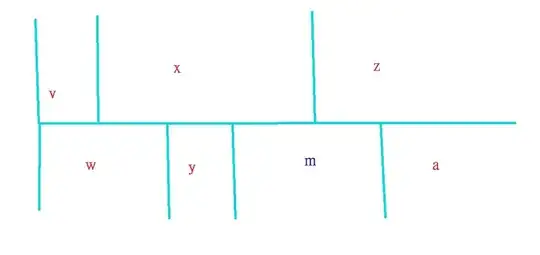Let $\mathfrak{F}$ be the set of binary quadratic forms over $\mathbb{Z}$. Let $f(x, y) = ax^2 + bxy + cy^2 \in \mathfrak{F}$. Let $\alpha = \left( \begin{array}{ccc} p & q \\ r & s \end{array} \right)$ be an element of $SL_2(\mathbb{Z})$. We write $f^\alpha(x, y) = f(px + qy, rx + sy)$. Since $(f^\alpha)^\beta$ = $f^{\alpha\beta}$, $SL_2(\mathbb{Z})$ acts on $\mathfrak{F}$ from right.
Let $f, g \in \mathfrak{F}$. If $f$ and $g$ belong to the same $SL_2(\mathbb{Z})$-orbit, we say $f$ and $g$ are equivalent.
Let $f = ax^2 + bxy + cy^2 \in \mathfrak{F}$. We say $D = b^2 - 4ac$ is the discriminant of $f$. Let $m$ be an integer. If $m = ax^2 + bxy + cy^2$ has a solution in $\mathbb{Z}^2$, we say $m$ is represented by $ax^2 + bxy + cy^2$. If $m = ax^2 + bxy + cy^2$ has a solution $(s, t)$ such that gcd$(s, t) = 1$, we say $m$ is properly represented by $ax^2 + bxy + cy^2$.
Is the following proposition true? If yes, how do we prove it?
Proposition Let $ax^2 + bxy + cy^2 \in \mathfrak{F}$. Suppose its discriminant is not a square. Let $m$ be an integer. Then $m$ is properly represented by $ax^2 + bxy + cy^2$ if and only if there exist integers $l, k$ such that $ax^2 + bxy + cy^2$ and $mx^2 + lxy + ky^2$ are equivalent.
 .
.